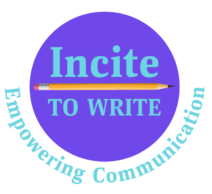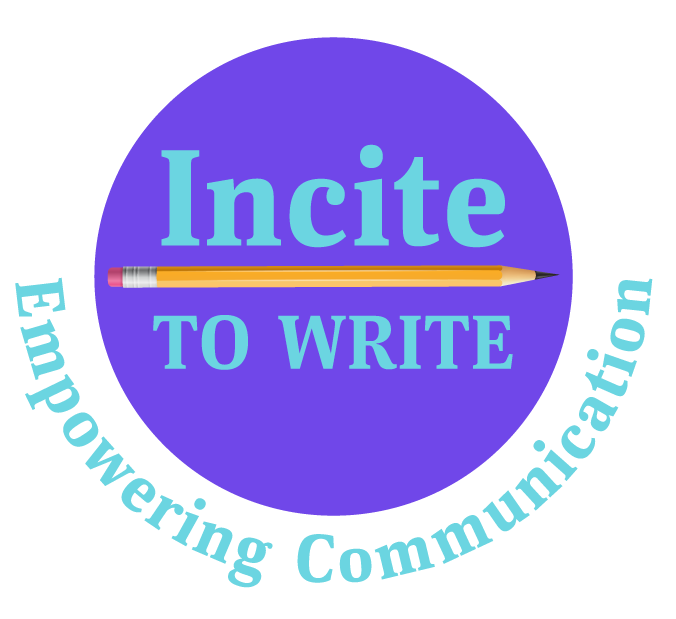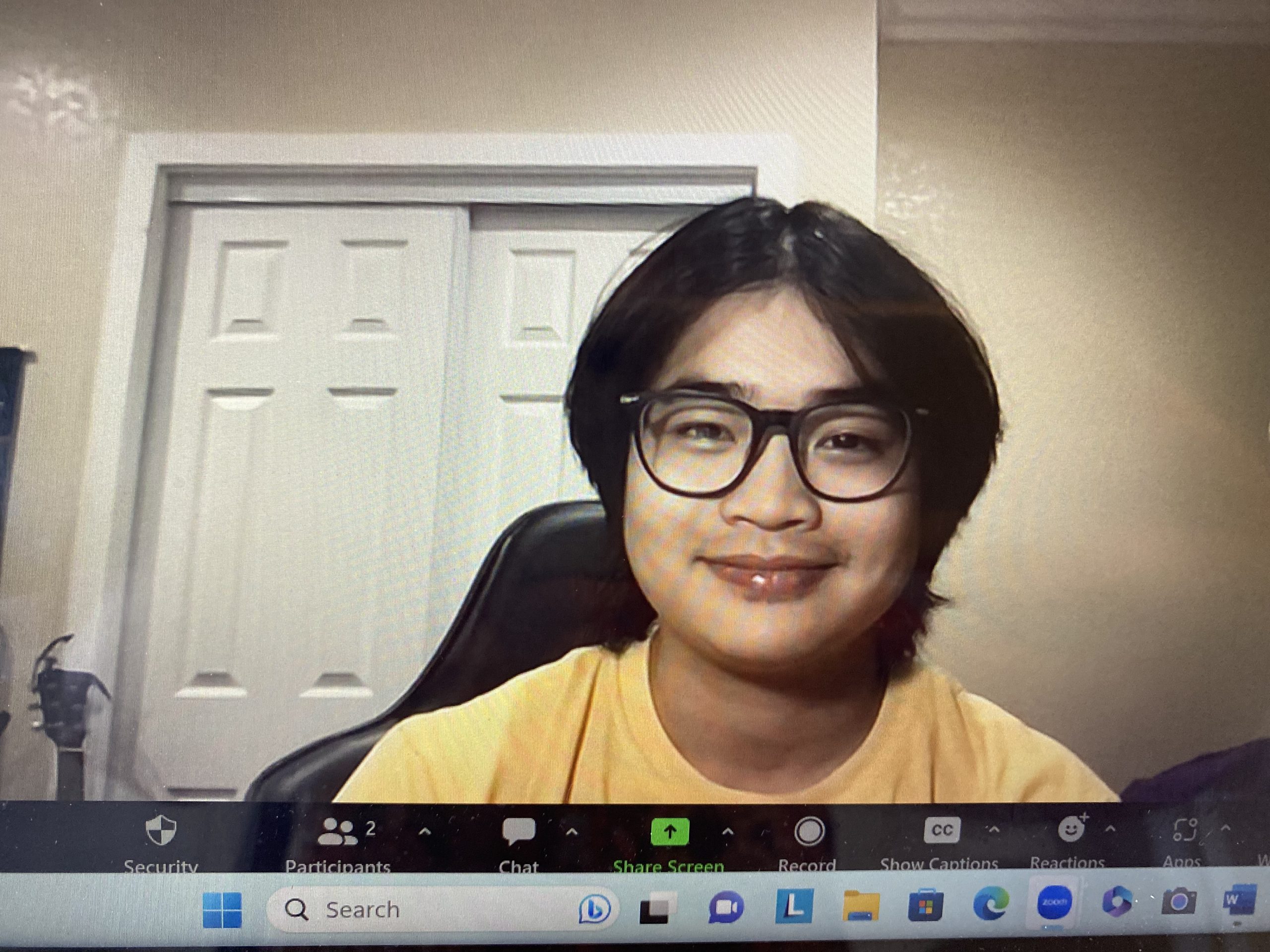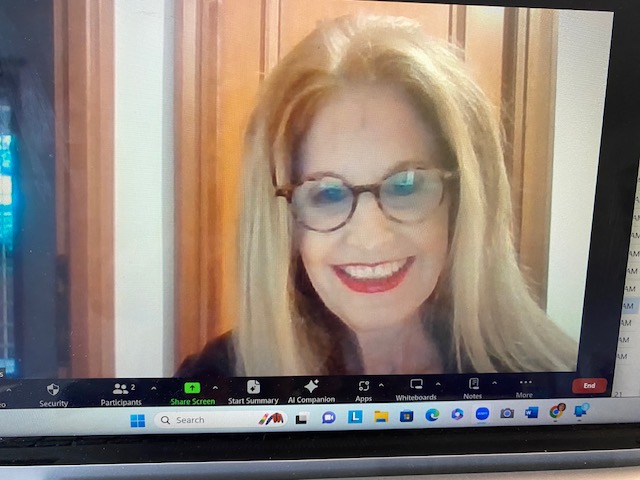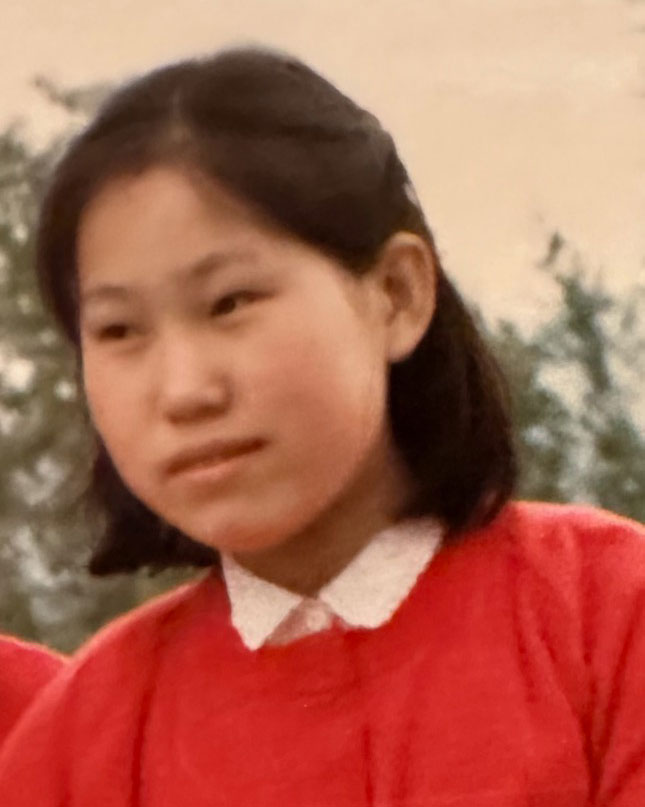It’s always good to remember that grounding ourselves in reality is essential for making smart choices. And we can’t be in reality unless we are willing to look at the facts. All academic subjects involve the study of facts.
Facts are not something we need to believe in. They are not beliefs. According to the dictionary, a fact is something that can be proven to be true and is not up for interpretation. There’s an interesting thing about facts. They are neutral. By themselves, they have no emotional charge, no political charge, no personal charge. They simply are a true record of what is.
 In school, usually around the 1st and 2nd grades, students are introduced to fact and fiction. They have to determine what is a fact, and what is fiction. As they get older, they need to distinguish between fact, opinions, beliefs, and fiction. And they learn the unanticipated and often destructive consequences that result when we confuse fiction with fact.
In school, usually around the 1st and 2nd grades, students are introduced to fact and fiction. They have to determine what is a fact, and what is fiction. As they get older, they need to distinguish between fact, opinions, beliefs, and fiction. And they learn the unanticipated and often destructive consequences that result when we confuse fiction with fact.
In writing, students learn the genres of expository writing (writing that explains something) and persuasive/opinion writing. Expository writing is generally based on facts, and persuasive/opinion writing is an opinion that is partially or wholly backed by facts. Students also learn to write research papers which require they research the facts. These forms of writing are excellent exercises in helping students become discerning, knowledgeable and analytical so they can make smart choices in their own lives that are grounded in reality.
Help your kids recognize how important it is for them to understand our human tendency to ignore or distort the facts we don’t like. Go back and examine an unpleasant experience. What part did facts, or the unwillingness to look at the facts, play in the outcome? What were the consequences?

Enjoy the year, face the facts so you and your kids can make wise choices, and remember to focus on the essences that we all cherish: joy, creativity, ease, freedom, fun, community, peace, balance, beauty, service, kindness… and the list goes on and on!

- Carol Aubrey
For intentional reading on racial justice for young people, I encourage you to check out the reading suggestions at the Teaching Tolerance website or EmbraceRace.org, which has great resources and book suggestions for both younger and older children.

